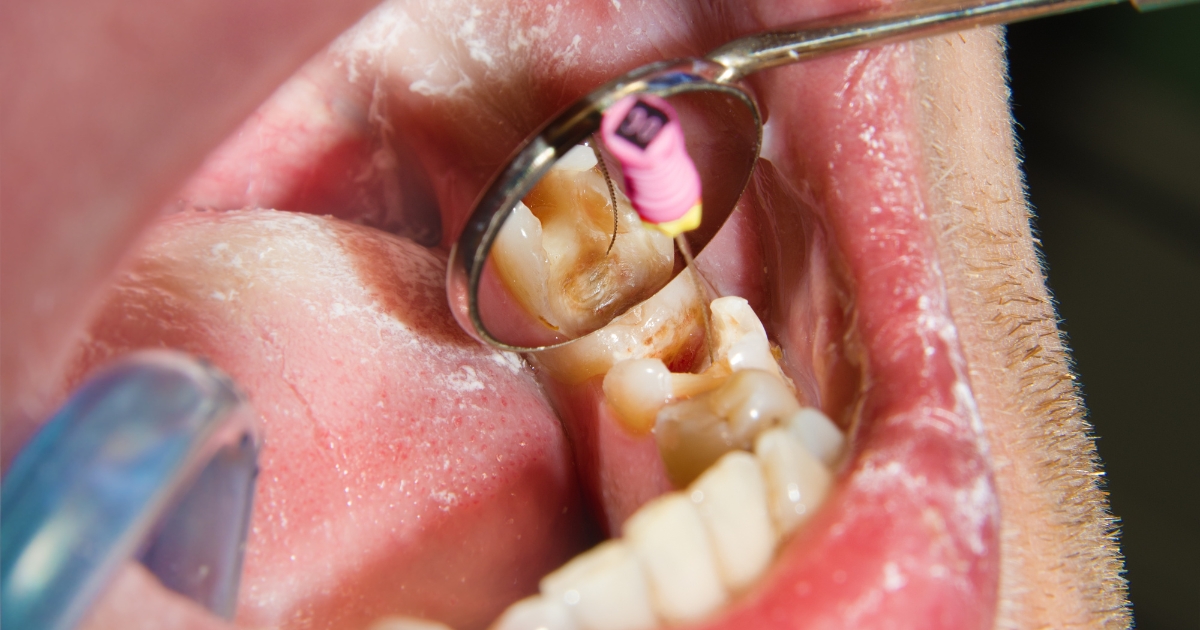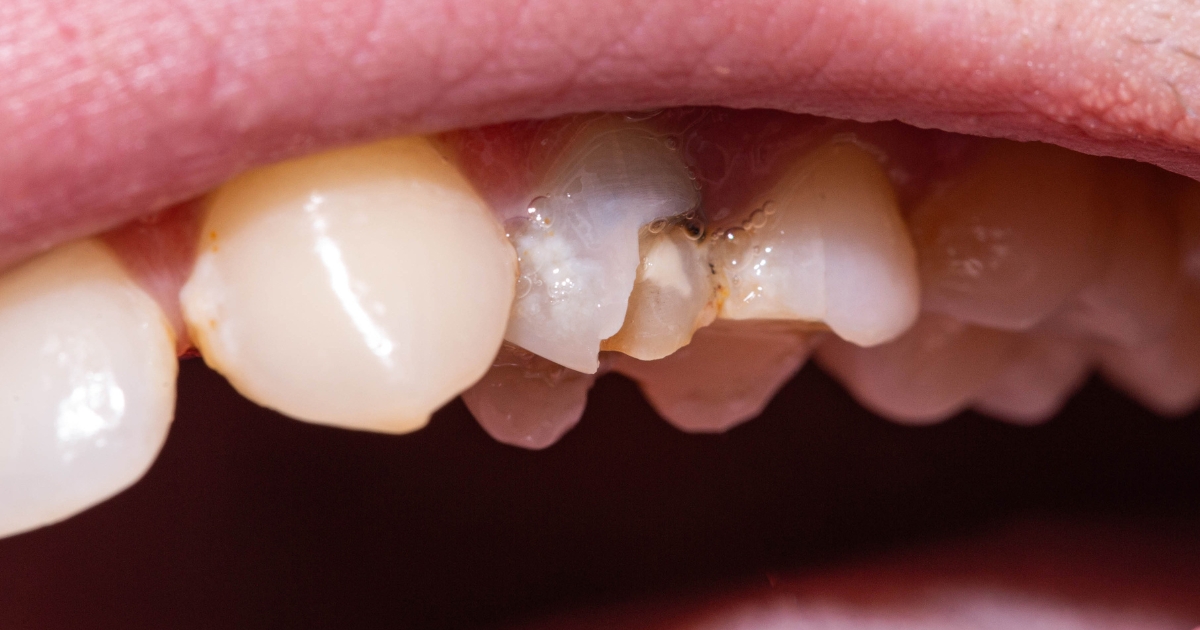Call Us Today 817-737-7668

A severe toothache can make daily life unbearable. Many fear root canals, assuming they are painful and complex. Non-surgical root canals offer a less invasive way to save a damaged tooth while preserving its structure. Unlike traditional methods, this approach requires fewer steps and speeds up recovery. But does it work? Understanding how this procedure functions can help patients make informed decisions about their dental health.
What Is a Non-Surgical Root Canal?
- A minimally invasive procedure that removes infection from a tooth’s root without surgery.
- Aims to preserve the natural tooth structure while eliminating bacteria.
- Typically performed under local anesthesia to ensure comfort.
- Uses advanced technology like digital imaging and ultrasonic tools.
- Helps prevent further decay, infections, and potential tooth loss.
How the Procedure Works
- The dentist accesses the pulp chamber through the tooth’s surface.
- Infected or dead tissue is carefully removed.
- The root canals are cleaned, shaped, and disinfected.
- A biocompatible material seals the space to prevent reinfection.
- A crown or filling restores the tooth’s function and strength.
- The entire process is completed in one or two visits, depending on the severity.
Effectiveness of Non-Surgical Root Canals
- Success rates exceed 90% when root canals are performed correctly.
- Patients experience pain relief within days after the procedure.
- Proper aftercare ensures the tooth remains functional for years.
- A study by the American Association of Endodontists confirms that most treated teeth last a lifetime.
- Non-surgical techniques lower the risk of complications compared to surgical alternatives.
Benefits Compared to Traditional Root Canals
- Less invasive, reducing post-treatment discomfort.
- Shorter recovery time with minimal downtime.
- Lower costs than surgical procedures.
- Fewer complications such as swelling or prolonged sensitivity.
- No need for sutures or extensive healing periods.
Who Needs a Non-Surgical Root Canal?
- Patients with deep cavities causing nerve damage.
- Individuals experiencing persistent tooth pain or sensitivity.
- Those with visible tooth discoloration due to infection.
- Anyone with a dental abscess but no severe structural damage.
- People who want to avoid tooth extraction.
Common Myths and Misconceptions
- “It’s extremely painful.” Modern anesthesia makes it virtually painless.
- “Tooth extraction is a better option.” Preserving natural teeth is always preferable when possible.
- “It requires multiple, long appointments.” Many cases are completed in one or two visits.
- “The tooth will become weak and brittle.” A well-placed crown restores full strength.
- “Infections often return.” Proper cleaning and sealing prevent reinfection.
How to Ensure Long-Term Success?
- Maintain good oral hygiene by brushing and flossing daily.
- Schedule regular dental check-ups for early issue detection.
- Avoid chewing hard foods on the treated tooth until fully restored.
- Follow all aftercare instructions provided by the dentist.
- Consider a custom-fitted mouthguard if you grind your teeth.
Non-surgical root canals effectively save teeth with minimal discomfort and downtime. With a high success rate and long-term benefits, this procedure remains a reliable option for treating dental infections. Seeking prompt care ensures the best outcome. Want to learn more or book an appointment? Contact our dental office in Frisco today!





